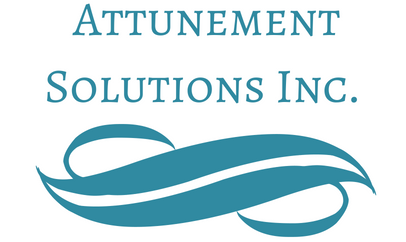
Mindfulness research has taught us a lot about how to help our clients with attention and self-motivation challenges. When a client has difficulty attending in the present moment, they have commonly retreated to the internal environment of their thoughts. This means, they are developing habits that may cause them to miss the importance of understanding what naturally attracts their attention in their external environment. When teenage or adult clients who had attention challenges as a child have developed poor self-motivation, it is a good indicator that their classroom instruction was not informed by the more recent Universal Design for Learning.
Research has proven that many children, even those served in gifted programs, have weak as well as exceptionally strong learning areas. This is one reason it is not unusual to have children with gifted intelligence that are also classified as having attention deficit disorder (ADD) or attention deficit hyperactivity disorder (ADHD). This is how we know that teenagers and adults who were educated in classrooms that failed to recognize each child’s unique learning needs, were setting them up for adult challenges. This occurs by compromising the stress tolerance required to do hard things, the self-motivation to achieve meaningful life goals, and the self-confidence required to reach their optimal potential.
Many of yesterday’s classrooms actually deprived these children of exactly what they needed to optimize their learning. Since many children classified as ADD or ADHD have low sensory registration, they would have often benefitted from more opportunities for movement than they were commonly given. This means, they might have performed better while standing but were told to sit. This means, they might have needed to talk through their problem solving but were told to be quiet. Children and adults with attention and self-motivation challenges, respond well to treatment in a multi-sensory environment or MSE because, sensory entrainment supports the repatterning of attention. By providing an environment in which a client can shift out of anxiety or boredom, treatment in an MSE may enhance self-motivation and discovery or rediscovery of personal interests and strengths. Treatment of clients using the Attunement Solutions Dynamics Approach in an MSE, naturally enhances self-motivation by supporting new adaptive learning while broadening the range of new learning possibilities.
